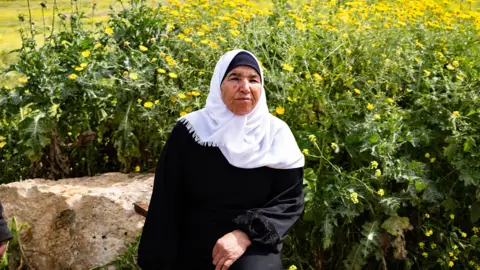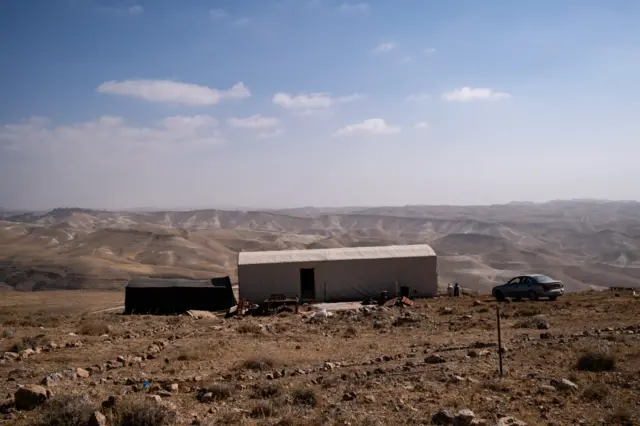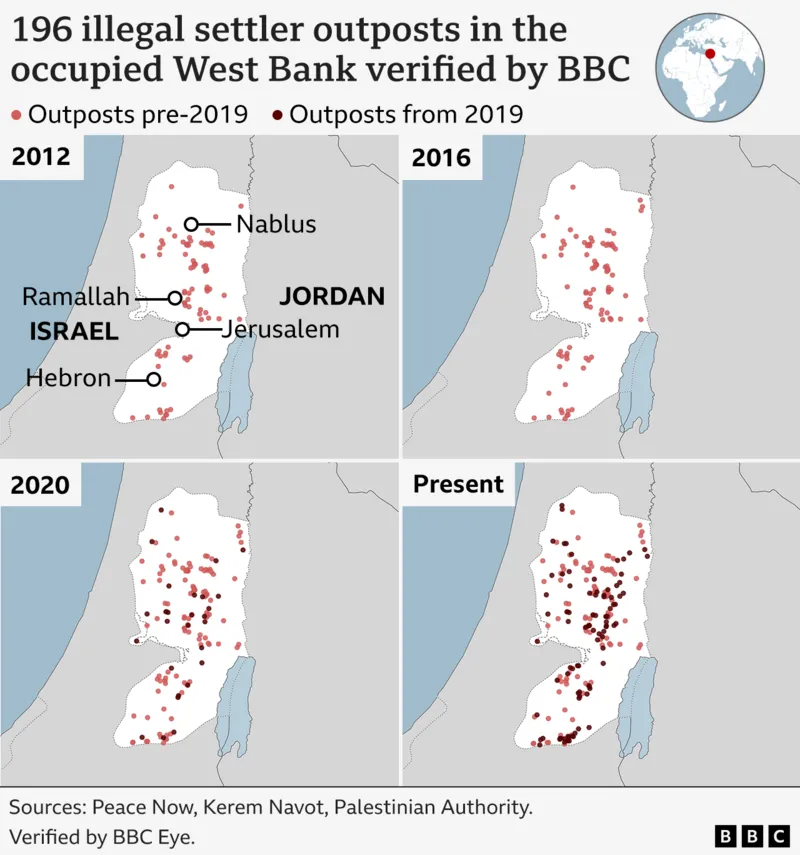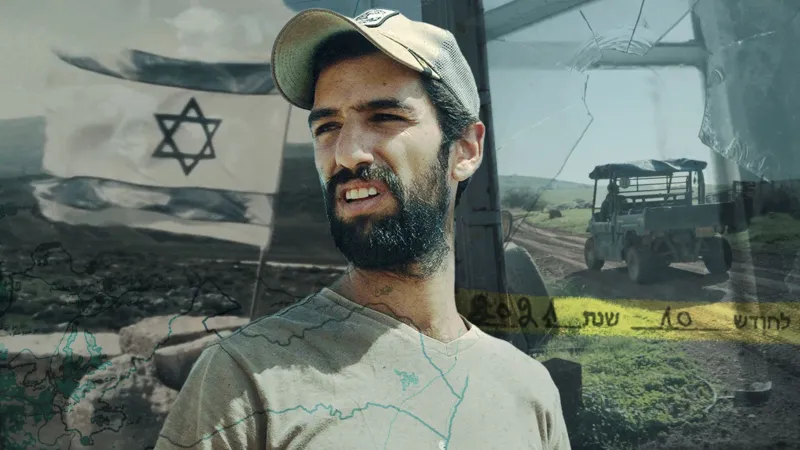The West Bank, which has been under Israeli occupation since 1967, has long been a hotbed of conflict. Recently, however, the situation has taken a particularly worrying turn with the rapid growth of illegal settler outposts. Unlike officially recognised settlements, which are already considered illegal under international law, these outposts are completely unauthorised under both Israeli and international law. The emergence of these outposts has also been accompanied by increasing reports of violence, harassment and intimidation against Palestinian communities. An investigation reveals that not only are these outposts growing, but they are doing so with the apparent support of organisations with close ties to the Israeli government.
The Rise of Illegal Settlers’ Outposts:
Over the past few years, the number of illegal settler outposts in the West Bank has increased significantly. According to a comprehensive analysis, there are now at least 196 of these outposts, 29 of which were established last year alone – more than in any previous year. Unlike larger, government-sanctioned settlements, which often appear as urban enclaves with defined boundaries, outposts are usually smaller, more scattered clusters of caravans, tents or rudimentary homes. They often begin as agricultural or grazing efforts, but quickly develop into semi-permanent or permanent settlements, enabling rapid control and encroachment on land.

A personal story of displacement and violence:
One of the many Palestinians affected by this expansion is Aisha Shtayyah, a grandmother who was forced to leave her home of 50 years last October after being reportedly threatened with a gun by an armed settler, Moshe Sharvit. “He made our lives hell,” Aisha said. She described how the harassment began soon after a checkpoint was set up less than 800 meters from her home. Since then, she says, she and her family have faced constant harassment, including the destruction of their property and threats to their safety.
Moshe Sharvit, who was identified earlier this year by the U.K. and U.S. as one of a number of banned extremists for inciting or carrying out violence against Palestinians, has been accused of using his outpost as a base to intimidate and displace local Palestinian families. Despite these allegations and international sanctions against him, he continues to operate freely, highlighting the challenges in addressing settler violence in the region.

Violence linked to checkpoints:
The growing presence of checkpoints has been linked to rising levels of violence against Palestinian communities. Experts and former Israeli military officials alike acknowledge the tensions caused by these checkpoints. Avi Mizrahi, a former Israeli army commander in the West Bank, said that while most settlers are law-abiding citizens, the establishment of illegal outposts inevitably leads to conflict. “Whenever you build outposts illegally in the area, it brings tensions with the Palestinians living in the same area,” he said. Indeed, the United Nations Office for the Coordination of Humanitarian Affairs (OCHA) has documented more than 1,100 settler attacks against Palestinians in the past 10 months, describing the current level of violence as “unprecedented.” At least 10 Palestinians have been killed and more than 230 injured in these incidents, with violence increasing following Hamas attacks on southern Israel on October 7 and the subsequent Israeli military operation in Gaza. In turn, at least five settlers were killed and 17 injured in the same period.

Organisations behind the outposts:
A key factor behind the expansion of these outposts is the support they receive from organisations linked to the Israeli government. For example, the World Zionist Organisation (WZO) has been identified as providing land and financial support for the establishment of outposts, even if they are illegal. Documents obtained by Israeli anti-settlement watchdog Peace Now and analysed by BBC investigators show that the WZO’s Settlement Division, which is funded entirely by Israeli public money, has allocated land for agricultural use, only for illegal outposts to be built on it. Despite the Settlement Division’s contracts prohibiting construction on these lands, satellite imagery has shown that at least four outposts have been built on land allocated by the WZO.

Another organisation involved is Amana, which has lent large amounts of money to settlers to establish these outposts. Amana’s influence on settlement expansion is well documented, but recent evidence suggests it is also actively supporting illegal outposts. In a leaked recording of a 2021 meeting, Amana’s CEO, Ze’ev Hever, boasted about the organization’s efforts to expand outpost settlements, noting that these areas now control nearly twice the area of officially recognized settlements.
